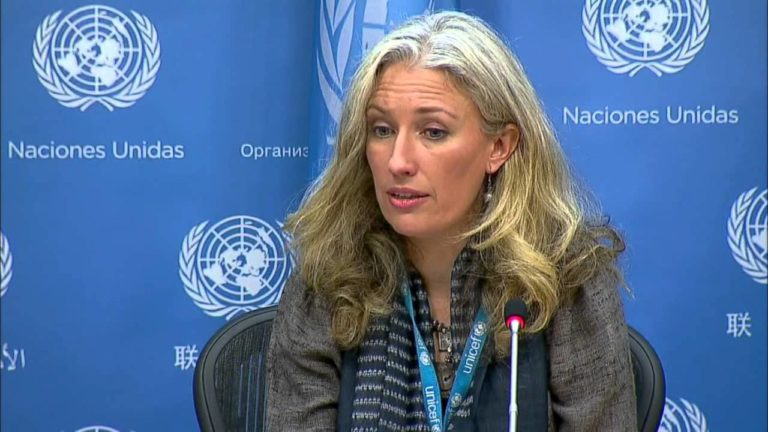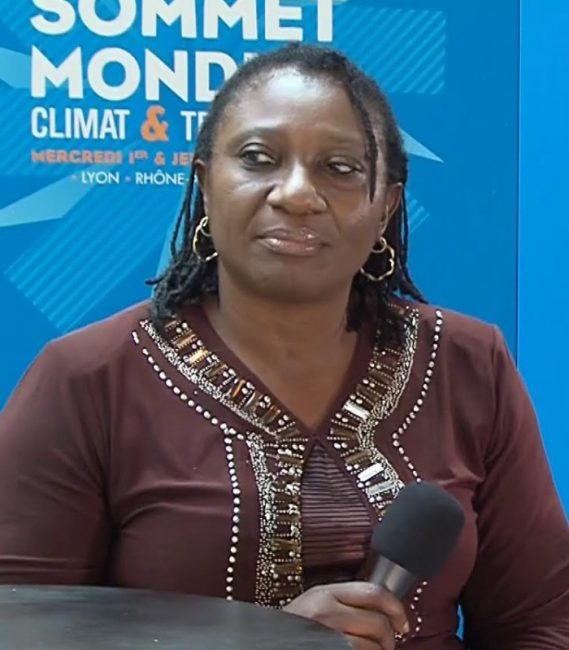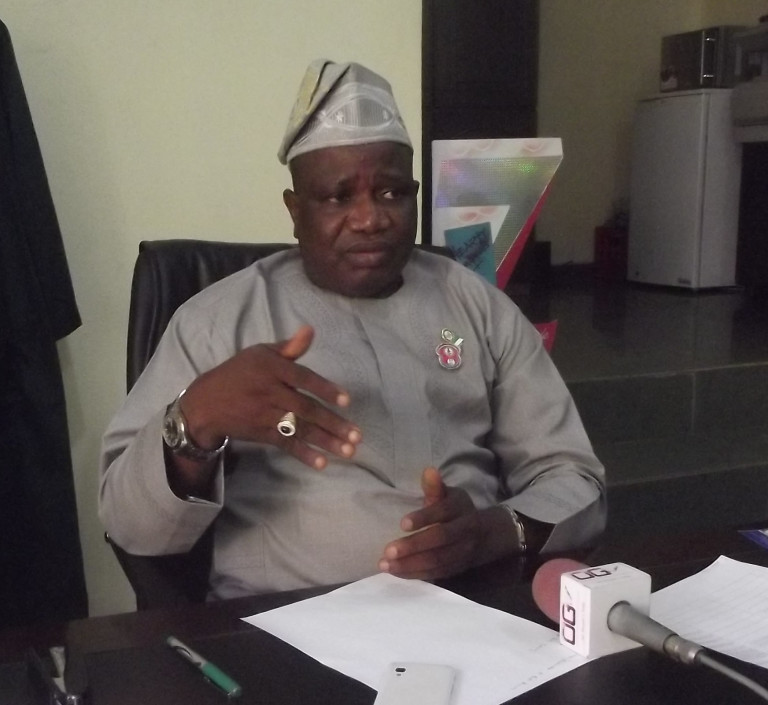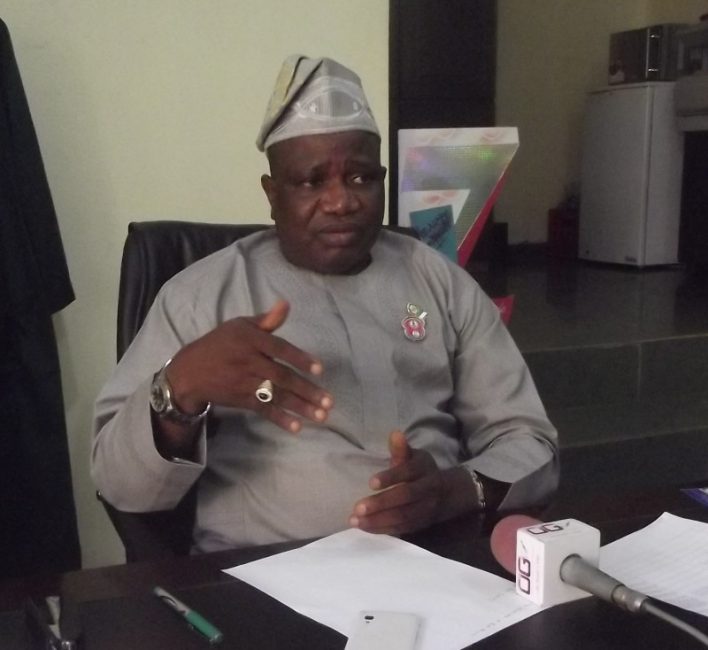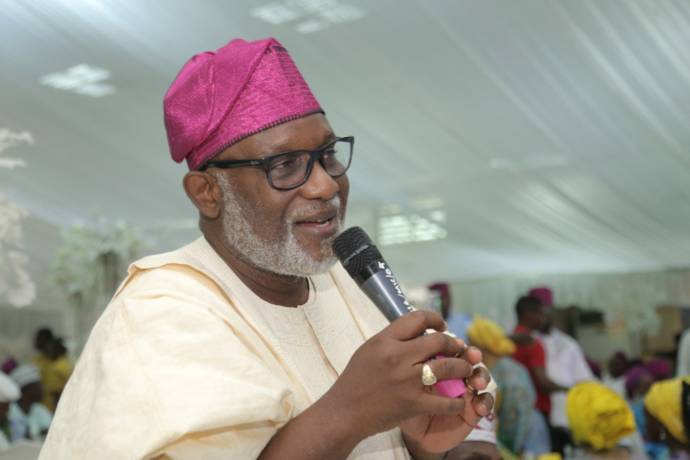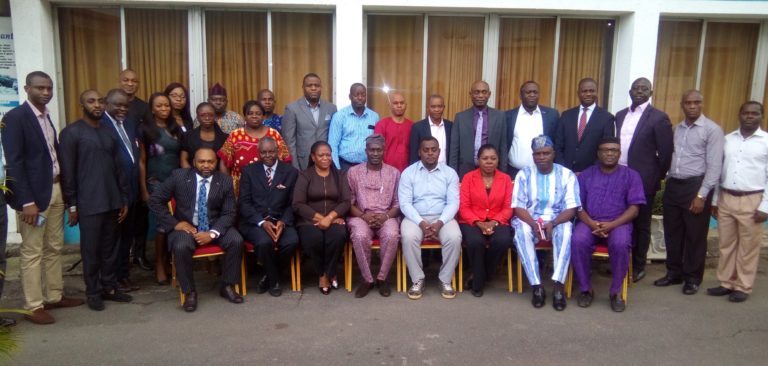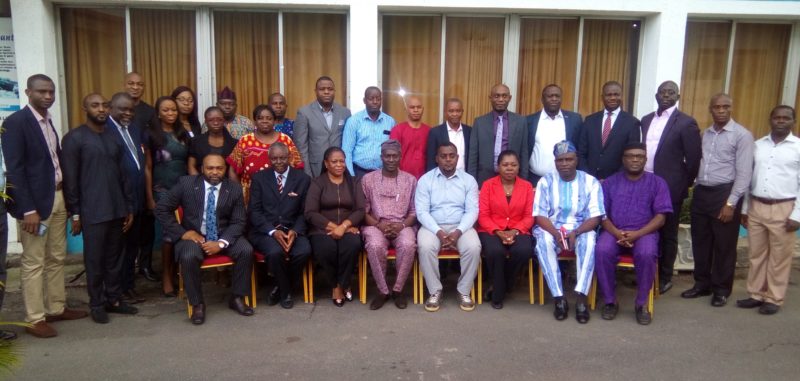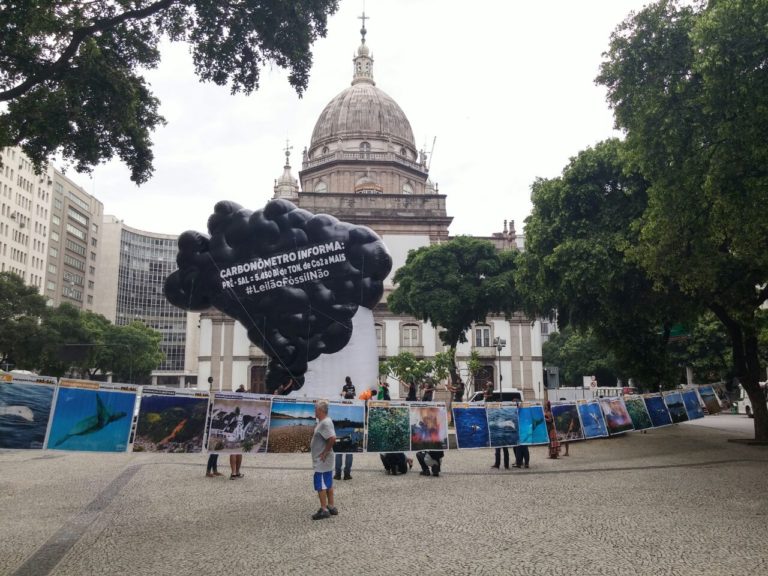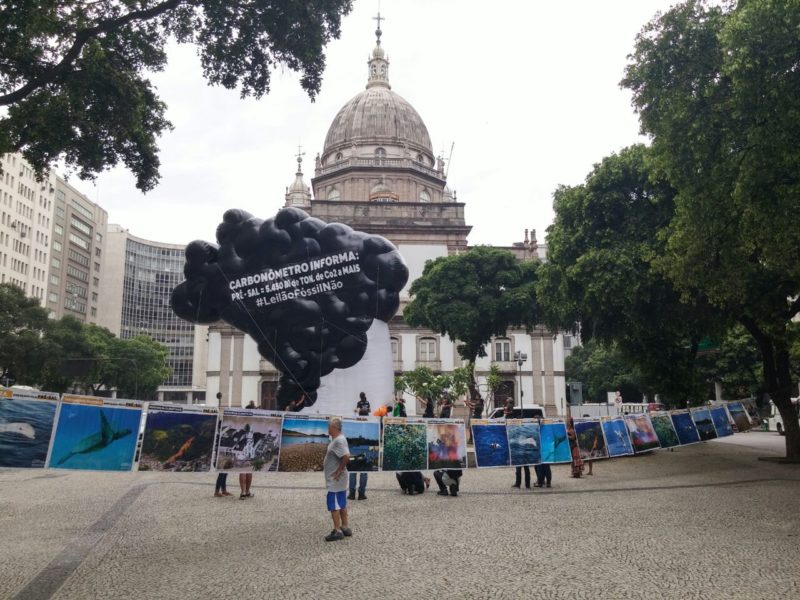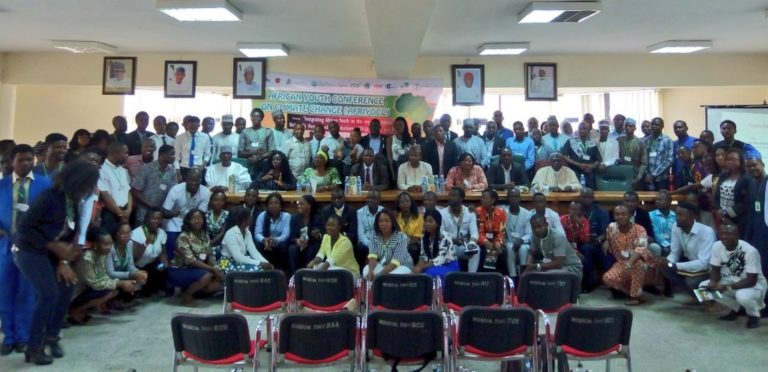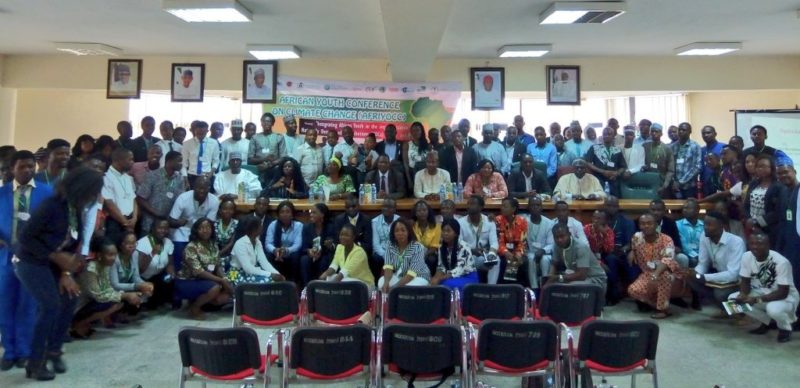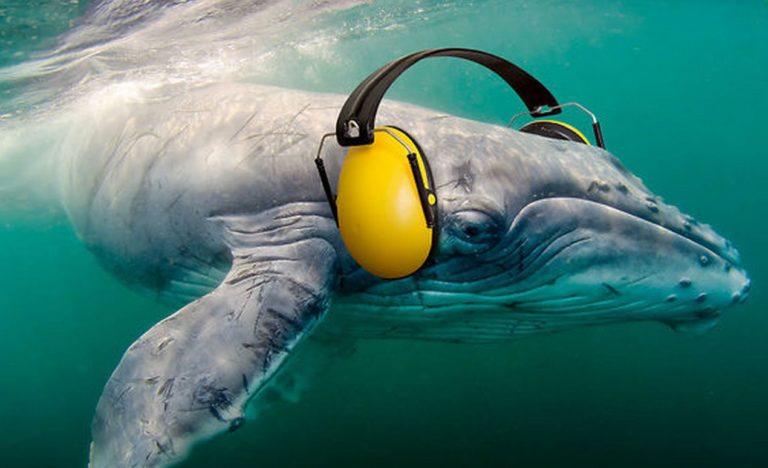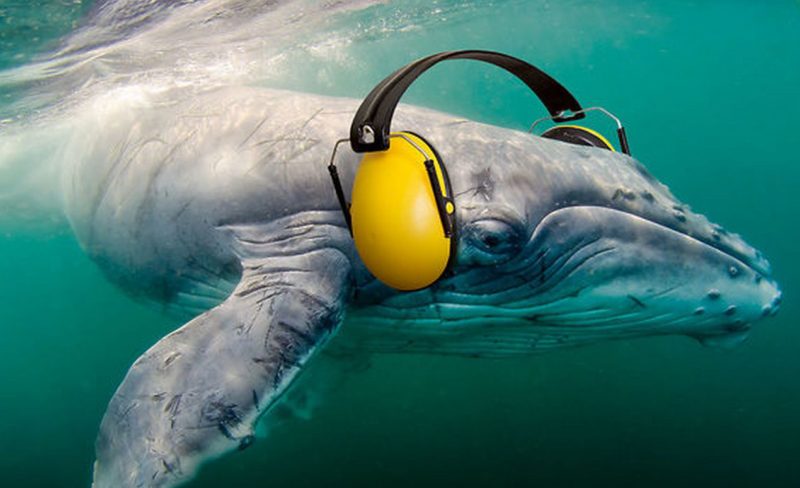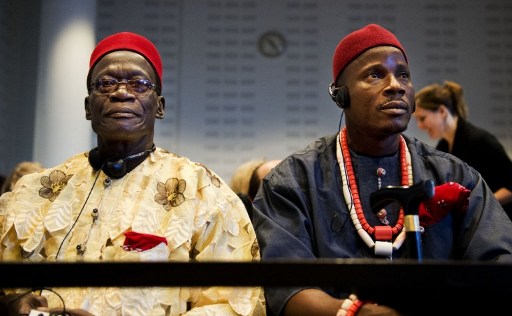Nigeria currently accounts for 20 per cent of all the births in Africa, the UN Children’s Fund (UNICEF) has reported.
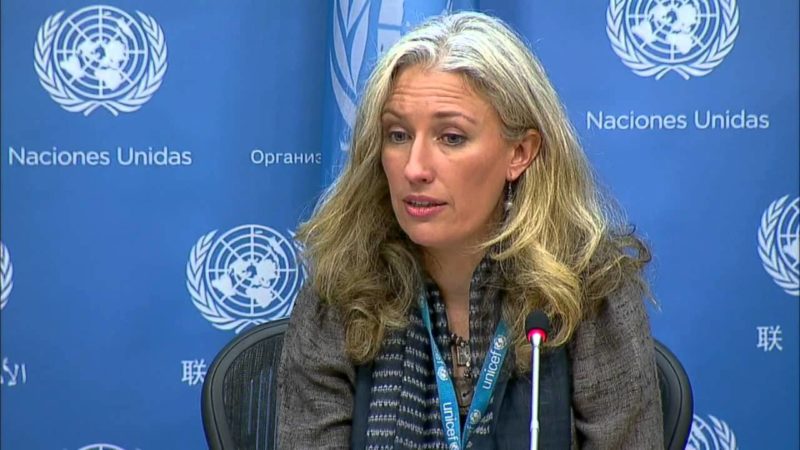
UNICEF, in a report titled: “Generation 2030 Africa 2.0: Prioritising investments in children to reap the demographic dividend”, also said one in every 13 births globally would take place in Nigeria by 2050.
UNICEF said special attention is required for Nigeria, given the projected increase in births and child population.
“Nigeria currently accounts for nearly 20 per cent of all of Africa’s births and 5 per cent of the global total.
“Between 2016 and 2030, 120 million births will take place in Nigeria alone – more than all the births in Europe – accounting for 6 per cent of the global total for that period.
“Based on current projections, by 2050, one of every 13 births globally will occur in Nigeria,” the report said.
The report found that half of the world’s children would be African by the end of the 21st century.
“In 1950, Africa had just above 10 per cent of the world’s children. By 2100, if current trends persist, around 50 per cent of all the world’s children will be African.
“By 2030, the end year for achieving the 2030 Agenda for Development, Africa’s under-18 population is projected to increase by around 170 million, reaching a total of 750 million.
“By mid-century, around 42 per cent of the world’s births, 41 per cent of all under-fives, 38 per cent of all under-18s, and 36 per cent of all adolescents will be African.”
The report added that almost one billion children would live in Africa by mid-century.
Based on the population projection, Ms Leila Pakkala, UNICEF Regional Director for Eastern and Southern Africa, urged investment as Africa’s youth population surged.
“Investing in health, protection, and education must become an absolute priority for Africa between now and 2030.
“Some 11 million education and health personnel will be needed to keep pace with the projected unprecedented population growth of children in Africa – an increase of 170 million children between now and 2030.
“We are at the most critical juncture for Africa’s children. Get it right, and we set the foundation for a demographic dividend.
“This could lift hundreds of millions out of extreme poverty and contribute to enhanced prosperity, stability and peace,” she said.
The report identifies three key issues for investment: health care, education as we’ll as the protection and empowerment of women and girls.
It added that to meet minimum international standards in health care and best practice targets in education, Africa would have to add 5.6 million new health workers and 5.8 million new teachers by 2030.
Ms Marie-Pierre Poirier, UNICEF’s Regional Director for West and Central Africa, stressed the need to invest in the potential of the projected one billion children in Africa.
Poirier said: “If Africa steps up its investments in children and youth now, transforms its education systems and empowers women and girls to participate fully in community, workplace and political life.
“It will be able to reap faster, deeper and longer dividends from its demographic transition.
“Conversely, if investments do not occur in Africa’s youth and children, the once-in-a-generation opportunity of a demographic dividend may be replaced by a demographic disaster, characterised by unemployment and instability.”
UNICEF recommended three policy actions to create the socio-economic conditions for Africa’s coming generations.
The first is to improve health, social welfare, and protection services to meet international standards; or beyond, in countries close to attaining them.
Secondly, it recommended Africa’s educational skills and vocational learning system be adapted through curricula reform and access to technology to meet the needs of a twenty-first century labour market.
The report also prescribed that Africa secures and ensures the right to protection from violence, exploitation, child marriage and abuse.
This includes removing barriers preventing women and girls from participating fully in community, workplace and political life; and enhanced access to reproductive health services.

